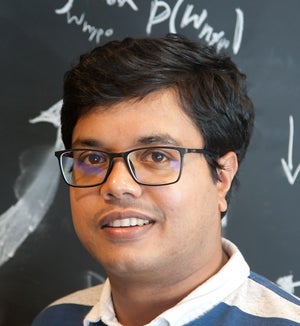Mathematics Education Seminar — The Role of “Assessment” in Teaching Online Mathematics Courses
Professor Brian Forrest
Department of Pure Mathematics, University of Waterloo
There are many challenges to teaching mathematics in a fully online environment. In this talk I will show the important role that assigned work plays in mitigating many of these challenges. I will also speak about how my experience in teaching online has impacted the way in which I approach my on campus courses.
